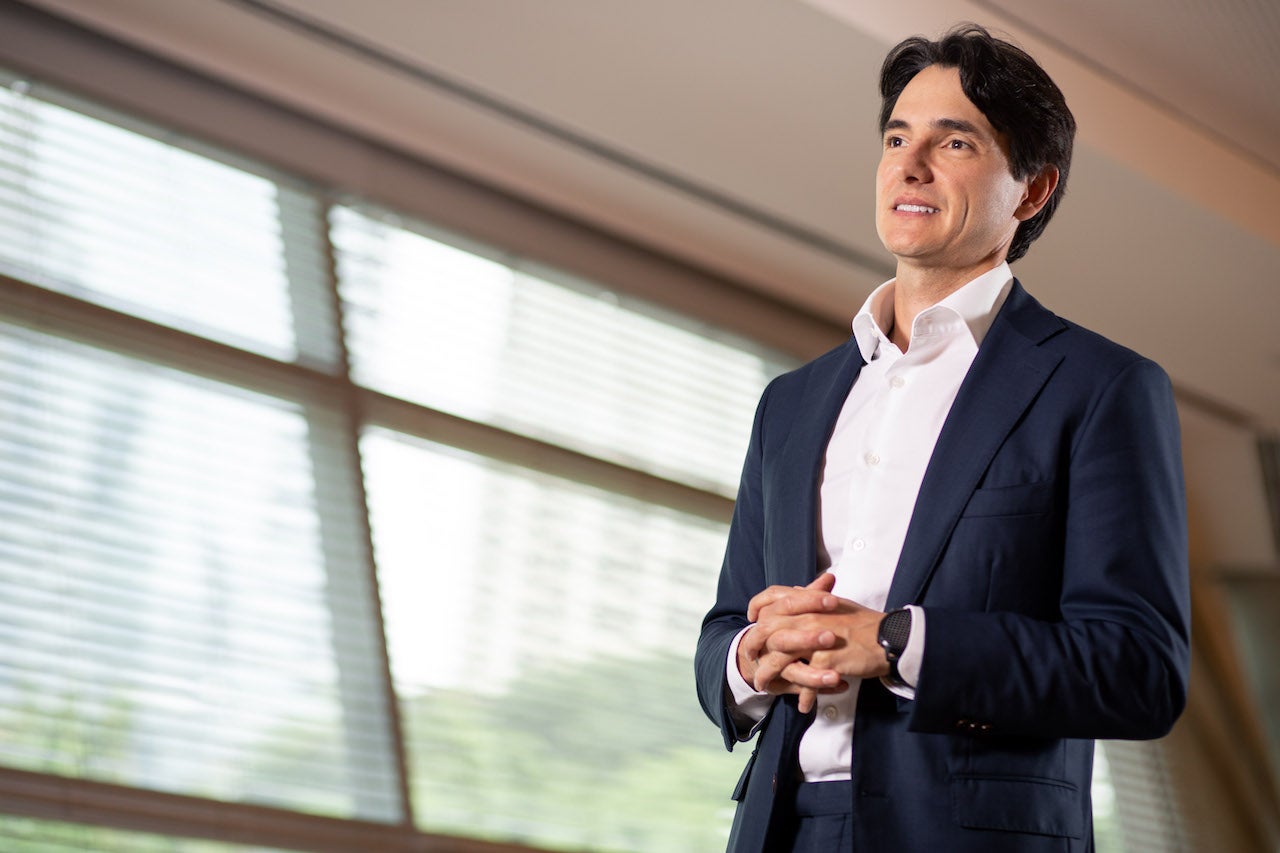
For four consecutive years now, Itaú Private Bank has won PBI’s award for ‘Outstanding Private Bank – Latin America’. Oliver Williams asks Carlos Albertotti, it’s head of sales, just how the Brazil-based bank does it.
Oliver Williams: How is 2019 fairing for Itaú so far?

Access deeper industry intelligence
Experience unmatched clarity with a single platform that combines unique data, AI, and human expertise.
Carlos Albertotti: This year, we have already [at the time of speaking in September] broken our record for the most net new assets bought in over one year.
We have a 30% market share in Brazil. In December 2014 that figure was 26%. Now, our second competitor has about half that size.
So this year has really gone very well so far.
OW: How has Itaú Private Bank helped clients during the recent volatility that has shaken local markets?

US Tariffs are shifting - will you react or anticipate?
Don’t let policy changes catch you off guard. Stay proactive with real-time data and expert analysis.
By GlobalDataCA: As [interest] rates have gone lower people have decided to get more sophisticated with their investments. People want to know who are the best hedge funds, when to buy more dollars or when to reduce them etc. We can help them with that because we have scale and have the best people.
When interest rates were very high [in 2016 Brazil had the world’s highest interest rates], it was harder to differentiate between a bank that had a lot of intelligence and one that had little intelligence.
I think that has been one factor. The second is that clients prefer to have one person to look at things more specifically, to help them with tax structures, offshore banking, help them if they want to sell their company.
Our clients want bankers to be close to them and literally have face-to-face time with them.
Thirdly, transparency, ethics and the way we handle business is really really fundamentally important to our clients and us. It’s rare that you would find us involved any scandals. That will never change.
OW: How have HNWIs in Brazil reacted to the instability in their investment choices?
CA: A lot of things have evolved in the last two and a half years.
Specifically inflation and money market rates were very very high three or four years ago. You had high inflation and really high money market rates. That resulted in a couple of things: High nominal interest rates and high real interest rates in Brazil. There was a large allocation in clients’ portfolio towards money market equivalent investments.
Inflation has come down a lot in Brazil, which has allowed interest rates to come down a lot compared to what they were.
Clients are now taking out money from the money markets and putting them into other asset classes, [such as] long rated bonds, non-floating rate bonds, etcetera.
Inflation protected bonds have received a large portion of money, hedge fund equivalents, equities and alternative assets have received an increasing allocation. (Clients have always invested in hedge funds and not always the other alternative assets, so we classify them separately.)
OW: Brazilian HNWIs have traditionally held a large portion of their assets outside of the country. Do you see that trend continuing?
Structurally we’re going towards that direction where clients have a bigger and bigger portion of their assets outside Brazil.
Cyclically, however, Brazil has had a change in direction of market-friendly policies and that has increased hopes that growth is picking up in Brazil and asset classes have increased significantly.
So the asset classes are moving here, and so clients have held off moving money abroad because the dollar is a little bit more expensive and it’s perceived there may be a little bit more depreciation.
Clients are thinking about structurally having a bigger allocation abroad. Temporarily clients are holding on to their assets at home.







